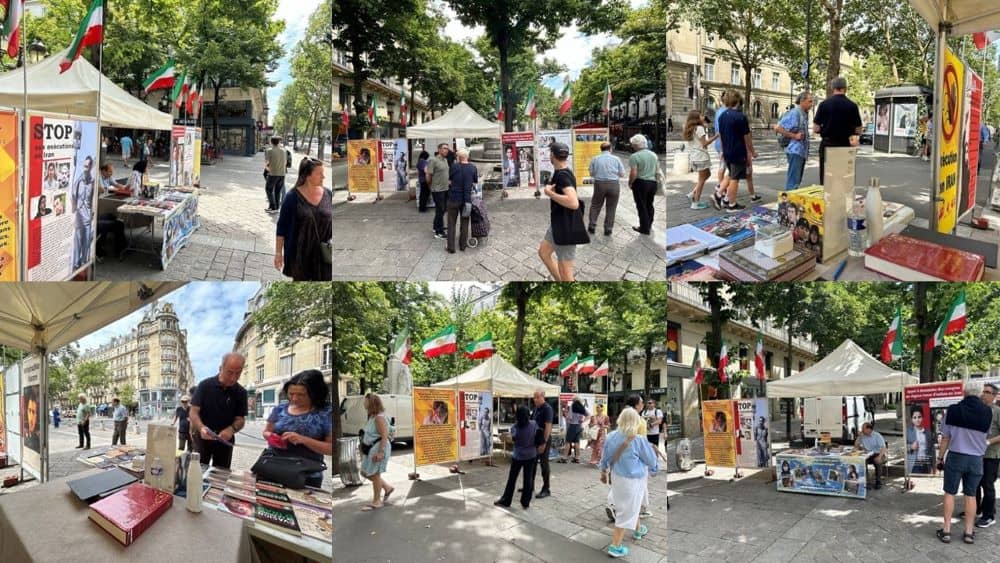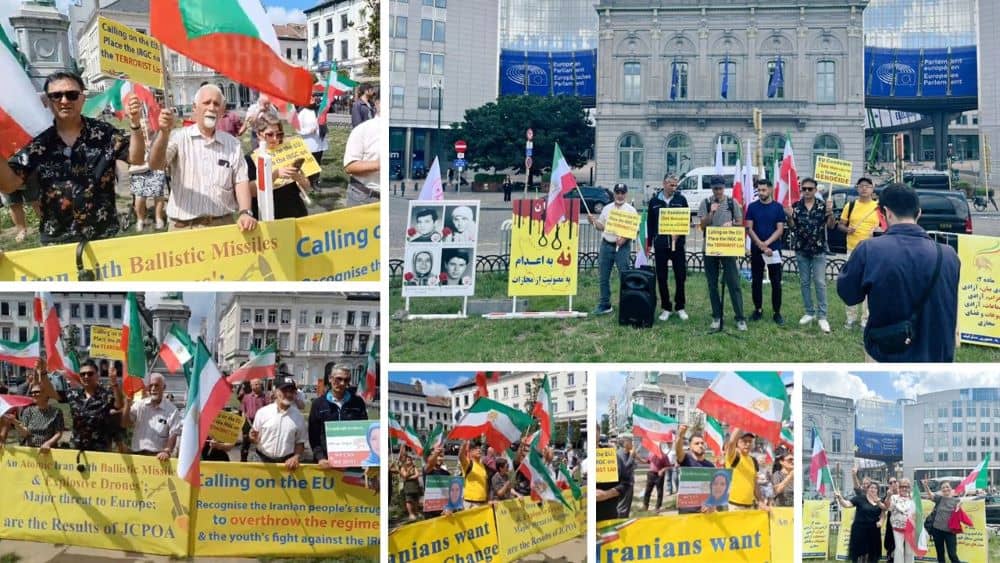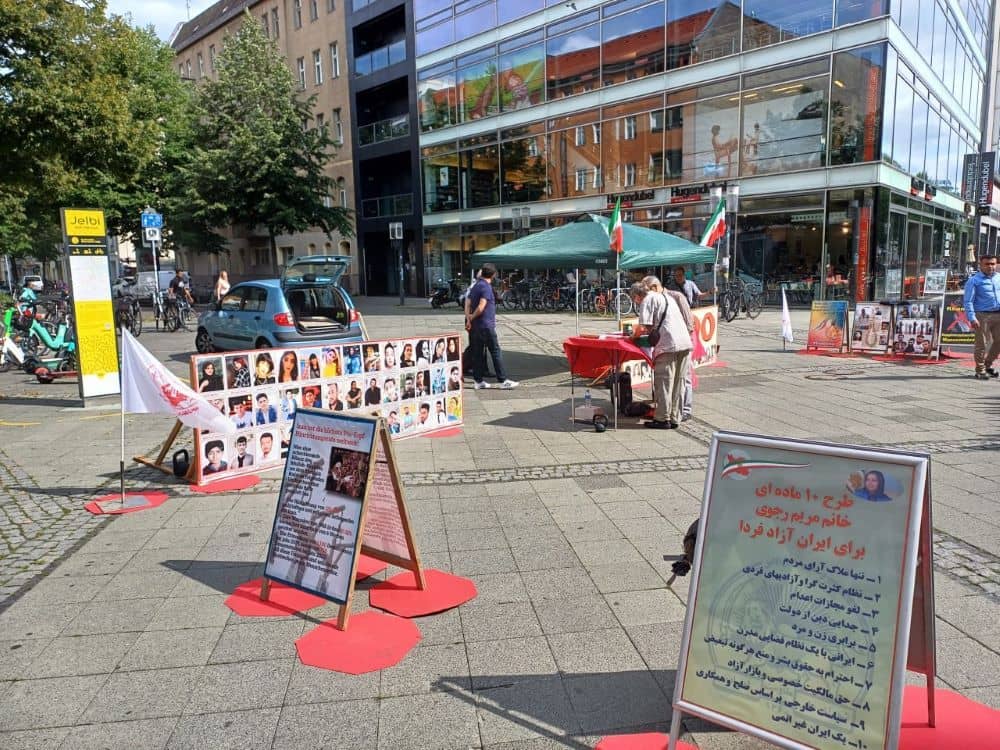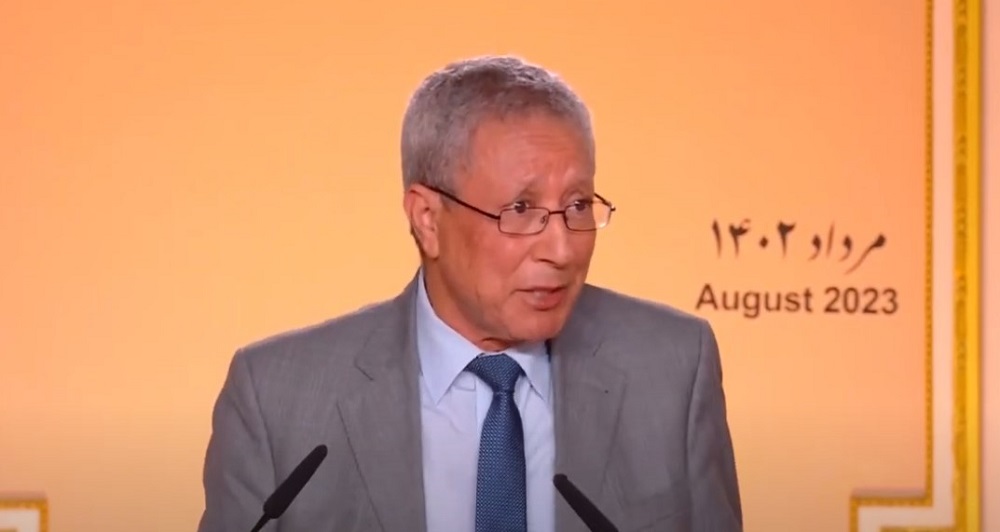
On August 21, an international conference was held at the headquarters of the National Council of Resistance of Iran (NCRI), located near Paris. The purpose of the conference was to address the tragic political prisoner massacre that occurred in Iran during the summer of 1988.
Among the esteemed attendees and speakers was Mr. Tahar Boumedra, the former Chief of the UNAMI Human Rights Office in Iraq (2012) and the Director of the Justice for the Victims of the 1988 Massacre in Iran (JVMI).
Drawing upon his personal experiences as the former Chief of the UNAMI Human Rights Office, Mr. Boumedra recounted his observations and highlighted that during his tenure, he directly witnessed horrifying atrocities committed by the government in Baghdad, which was aligned with the pro-Iranian regime.
He emphasized that under the leadership of Nouri al-Maliki, the government deliberately withheld essential medical care and nourishment from political refugees residing in Camp Ashraf. Additionally, the government introduced uranium-contaminated substances into the drinking water, leading to further suffering. Mr. Boumedra strongly underlined that these actions constituted a blatant crime of depriving individuals of their basic sustenance.
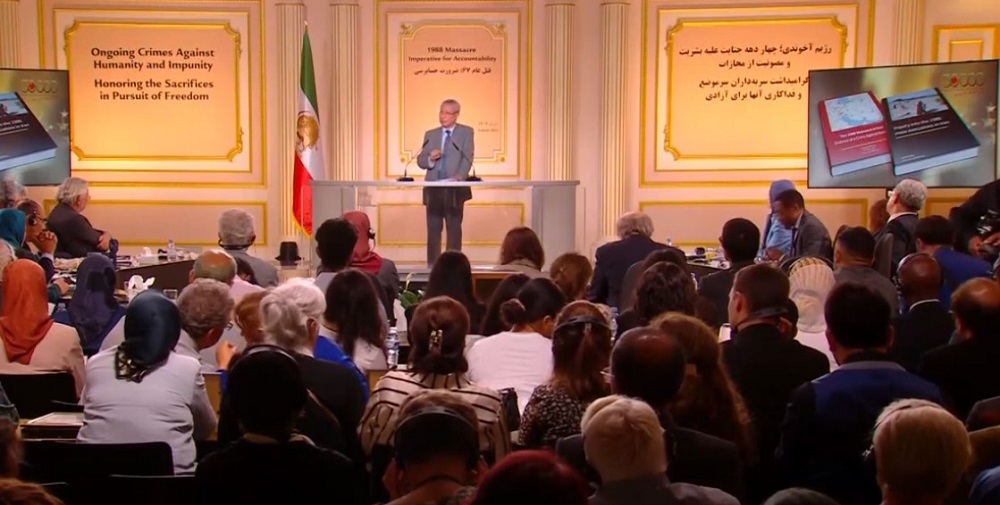
The full speech of Mr. Tahar Boumedra’s speech follows:
Madam Rajavi, brothers and sisters, eminents, specialists, here with us. My experience is very hard in Camp Ashraf. And I would like to borrow the statement, Cheller’s statement, that you do not need a PhD to recognize a crime.
What I personally witnessed is that a government decides to starve a population, and they do it under the supervision of the United Nations. I witnessed when the convoys bring in provisions to Camp Ashraf, the Iraqi government used to stop the convoy before the camp, expose the provisions, the food, to 50 degrees centigrade sun, three days out of the camp to make sure that the food perishes before they allow it into the camp. So, we don’t need a Ph.D. to recognize this is a crime, starving a population.
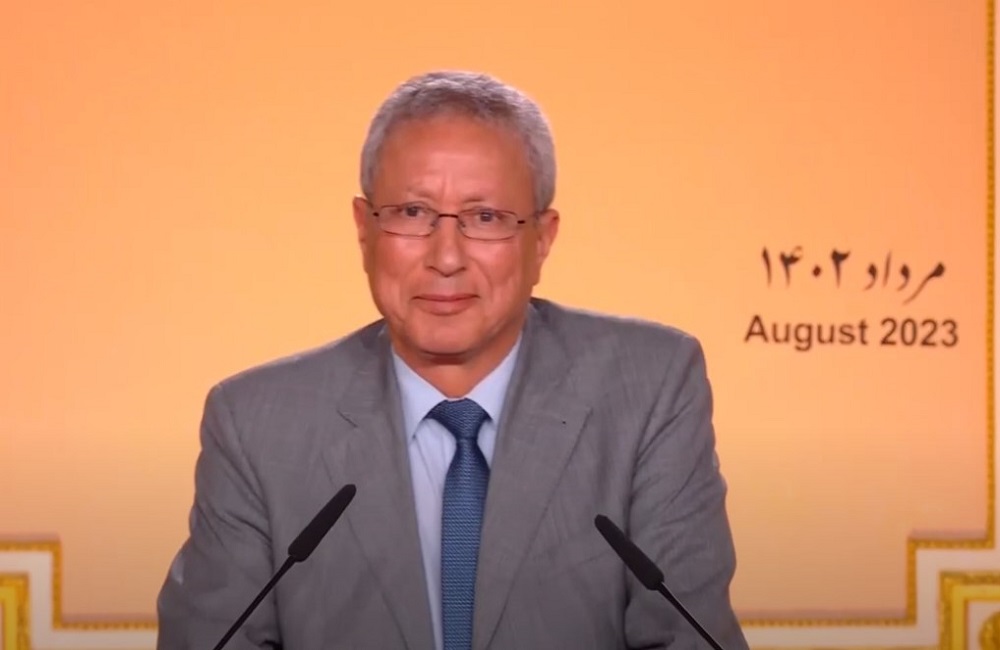
Also, a government that decides to divert water, contaminated by the depleted uranium, to the camp. Drinking water in the camp was deliberately diverted into the camp from a river contaminated by the depleted uranium. The WHO in Iraq refused to investigate.
So this is a government that decides to poison a population. And the United Nations, represented by the WHO, refused to investigate such a crime. Here again, I would say that you don’t need a Ph.D. to recognize that a government decided to poison a population.
And then people get sick. They need medical care. And the government decides to prevent a population from access to medical care. In order to send one person from the camp to a hospital in Iraq, I used to spend more than a month trying to convince and ask at all levels help for in taking people to the hospital. And some of them passed away before they reached the hospital.
Again, this is a crime. We don’t need to categorize these crimes. It’s up to the court to categorize them. Whether it’s a genocide, whether it’s a crime against humanity. For me, it was a very serious crime and a punishable crime.
So this is why we fight for impunity. We must stop this impunity, and we must have a procedure in order to make sure that whoever committed such a crime, whether it’s the 1988 massacre or the ongoing crimes from Ashraf all the way to the uprising in 2019, 2023, all these are continuous and ongoing crimes that I personally recommend that we leave it to the court to decide which category they are placed under. But the most important thing is that they are very serious crimes, they are international and they are punishable.
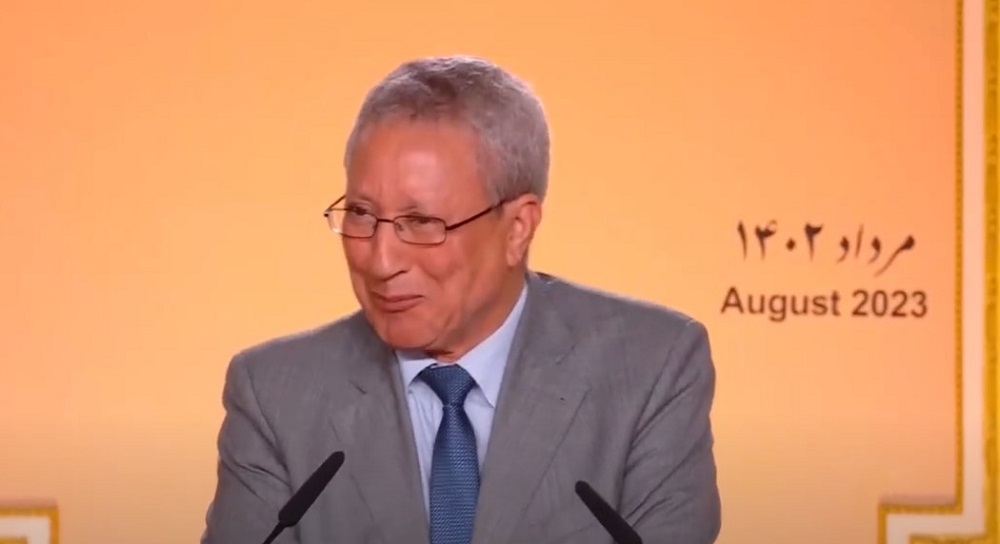
It’s in this sense that JVMI has published two reports, and we have named more than 70 people that participated in the 1988 massacre. We could have named more than that, but because we were aware that we needed to make sure that our allegations were based on facts and beyond any reasonable doubt.
So we said to ourselves, the crime has been committed, the perpetrators have been identified, and we leave it to the courts to do their job. I think human rights organizations should work on this base.
We should not involve ourselves in categorizing these crimes. We should rather focus on facts, gathering facts, documenting facts, and helping any jurisdiction that is willing to prosecute.
I’m glad the Swedish court in Stockholm has used JVMI reports, and it shows that JVMI has done some reliable work that has been used by the court. So I think we have an example in this sense and I call on the other activists, and human rights defenders, to focus on gathering facts, documenting facts, and making sure that whoever contributed to these crimes must be held accountable.
Thank you very much. Thank you.

